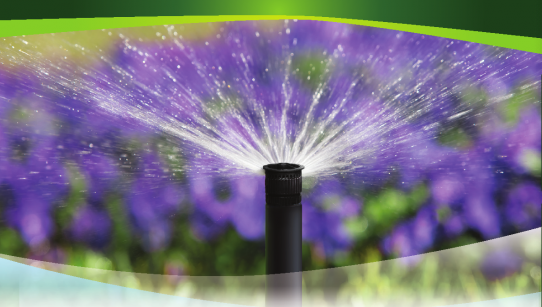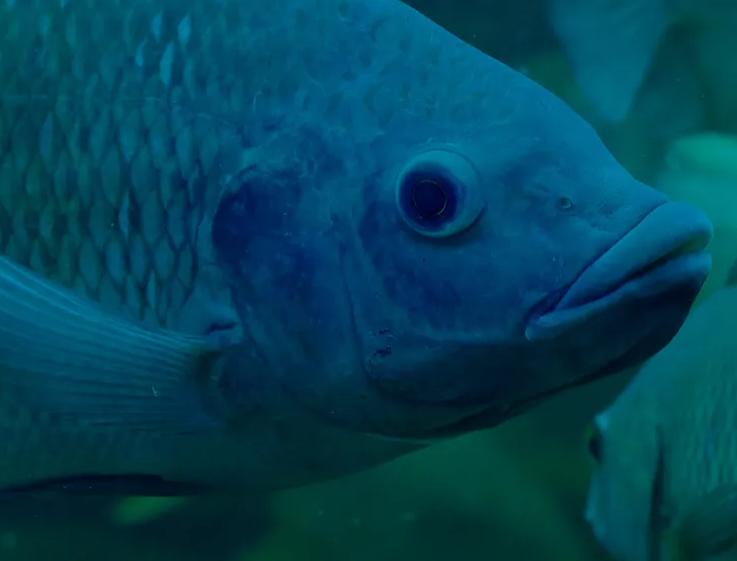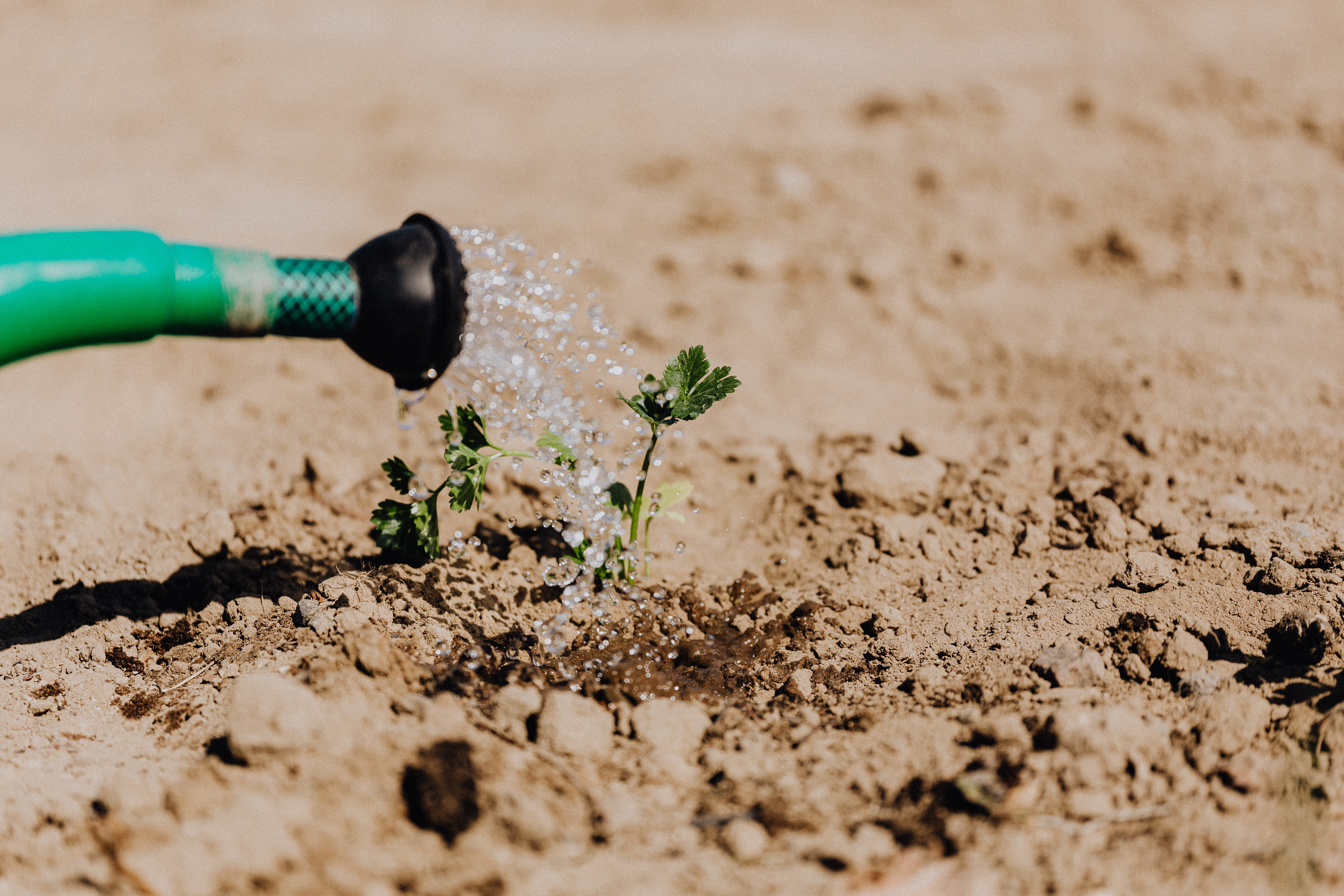Why sustainable irrigation is important, and how IOT fits in
Why sustainable irrigation is important, and how IOT fits in
Irrigation is a critical component of modern agriculture,
providing the water that crops and plants need to grow and thrive. However, as the
demand for food continues to rise and water resources become increasingly
scarce, it is becoming increasingly important to adopt sustainable irrigation
practices. Sustainable irrigation seeks to balance agricultural production with
environmental conservation, ensuring that water resources are used in a
responsible and sustainable manner.
Here are some of the key principles of sustainable
irrigation:
Water Efficiency: The goal of sustainable irrigation is to
use water as efficiently as possible, reducing waste and maximizing crop
yields. This can be achieved through the use of efficient irrigation systems,
such as drip irrigation, and by adopting water-saving practices, such as
reducing runoff and evaporation.
Water
Management: Effective water
management is a crucial aspect of sustainable irrigation. This includes
monitoring water use, tracking water losses, and ensuring that water is used in
the most appropriate way for each crop.
Soil
Conservation: Irrigation
can have a significant impact on soil health, and sustainable irrigation
practices aim to conserve soil moisture and reduce soil erosion. This can be
achieved through the use of cover crops, mulch, and other soil-conserving
techniques.
Environmental
Protection: Sustainable
irrigation practices aim to protect the environment and conserve water
resources for future generations. This includes protecting water sources from
contamination, reducing greenhouse gas emissions, and minimizing the impact of
irrigation on aquatic ecosystems.
Adopting
sustainable irrigation practices can have numerous benefits, including
increased crop yields, improved soil health, and reduced water waste. In
addition, sustainable irrigation can help to ensure the long-term viability of
water resources, enabling future generations to continue to benefit from
irrigation. Sustainable irrigation is essential for a thriving agricultural
industry and a healthy environment. By balancing agricultural production with
environmental conservation, sustainable irrigation practices enable farmers to
use water resources in a responsible and sustainable manner, ensuring the
continued success of agriculture and the protection of water resources for
future generations.
IOTs' contribution to sustainable irrigation
The Internet of Things (IoT) is transforming the
agricultural industry, and one of the key areas where it is making an impact is
in the field of irrigation. By integrating IoT technology into irrigation
systems, farmers can achieve more sustainable and efficient water use, leading
to increased crop yields and improved soil health.
Here are
some of the ways that IoT is promoting sustainable irrigation practices:
Real-time Monitoring: IoT sensors and devices can
provide real-time data on soil moisture levels, weather conditions, and water
use. This information is used to optimize irrigation schedules and ensure that
crops are receiving the right amount of water at the right time, reducing waste
and maximizing efficiency.
Precision Irrigation: IoT-enabled precision
irrigation systems can adjust the amount of water applied to each crop based on
its specific needs. This helps to conserve water and reduce waste, while also
ensuring that crops receive the right amount of moisture to support healthy
growth.
Water Management: IoT devices can help farmers to
monitor and manage water resources, providing information on water use and
identifying potential leaks or other sources of waste. This information is used
to optimize water use and reduce waste, leading to more sustainable irrigation
practices.
Soil Conservation: IoT sensors can monitor soil
health, providing information on soil moisture levels and nutrient content.
This information is used to develop more sustainable soil management practices,
reducing soil erosion and conserving soil moisture.
Energy Efficiency: IoT-enabled irrigation systems can
also improve energy efficiency, reducing greenhouse gas emissions and
conserving energy. By using energy-efficient pumps and other devices, farmers
can reduce their energy consumption and lower their environmental impact.
In conclusion, IoT is playing an increasingly important role
in promoting sustainable irrigation practices. By providing real-time
information and enabling precision irrigation, IoT is enabling farmers to
conserve water and reduce waste, leading to increased crop yields and improved
soil health. As IoT technology continues to evolve, it will play an even
greater role in promoting sustainable agriculture and protecting our natural
resources for future generations.







.png)




No comments yet